Home > North Carolina > North Carolina Farm to Table > North Carolina Family Farms Leave Lasting Legacies
North Carolina Family Farms Leave Lasting Legacies
In partnership with: North Carolina Department of Agriculture & Consumer Services
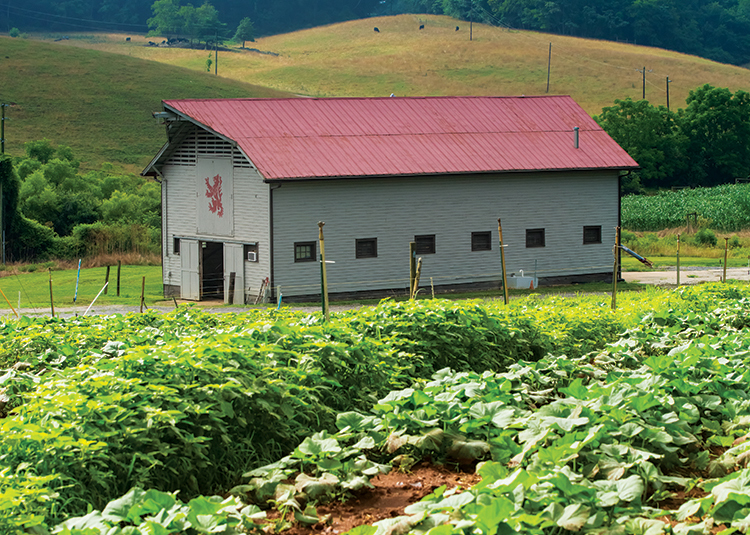
North Carolina’s rich agricultural heritage is well preserved through its more than 1,800 century farms, which have been owned or operated by the same family for at least 100 years. Although long-established, these farms have grown and evolved over the years, and as a result, they continue to thrive.
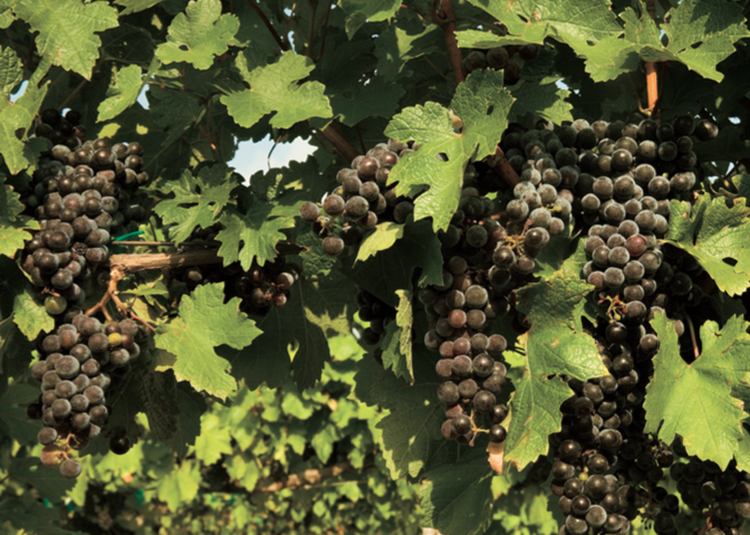 Biltmore Retains Roots
Biltmore Retains Roots
Drawing 1.4 million annual visitors, Asheville’s famous Biltmore Estate is now a major tourist attraction, but it was once George Vanderbilt’s family home. The estate, officially opened in 1895, included a 250-room French Renaissance chateau as well as 125,000 acres that spanned four counties, making it the largest privately-owned residence in the U.S.
With the goal of creating a self-sustaining estate, Vanderbilt established his farming operation by hiring a farm manager and specialists for each division (including dairy, sheep, Berkshire hogs, poultry, apiaries and vegetable production) and, eventually, a tenant farm system. He sold eggs, milk, butter and cream locally until refrigerated trucks made it possible for the products to be delivered across the region. By embracing cutting-edge farming techniques, Vanderbilt revived formerly depleted soil, growing a variety of vegetables that were also distributed throughout the Southeast. In addition, he bred high-quality livestock; developed an estate nursery that produced trees, shrubs and other ornamental plants; and established the Biltmore Forest School, which was the first school of forestry in the U.S.
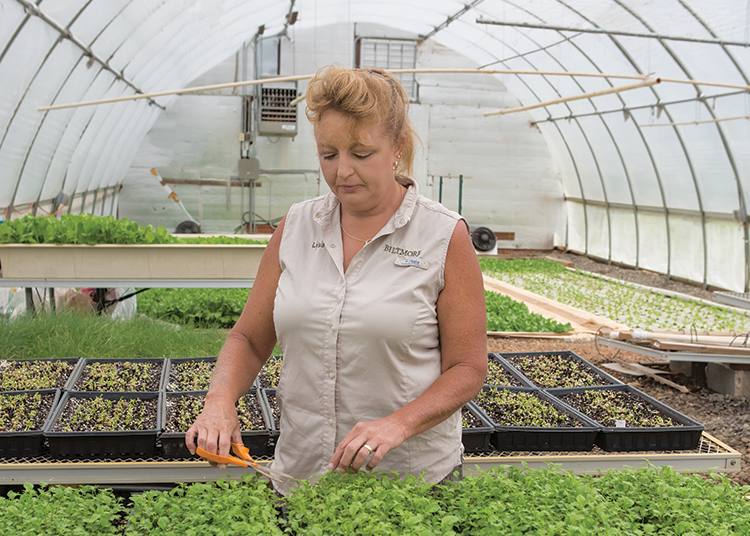
Today, Biltmore Estate is smaller than it was during Vanderbilt’s time, comprising 8,000 acres, with just over 1,600 devoted to a working farm, including wildlife areas, a farmyard, pasture, viniculture and more. However, the estate still provides food for the people on the property. For example, all meat from the current livestock – Angus and Wagyu cattle, White Dorper sheep, poultry, and swine – is used in Biltmore’s seven restaurants, and the oil pressed from canola seed grown on the property is used for frying
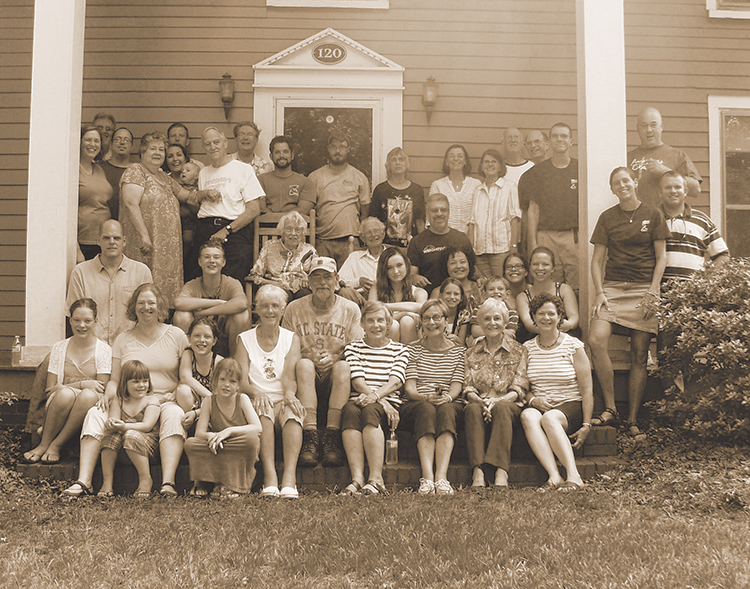
in estate restaurants. Guests can also enjoy more than 40 wines – including North Carolina varieties created from estate grapes – at Biltmore Winery, the most- visited winery in the nation.
The farm’s future is bright with big plans on the horizon. Its swine and free-range meat chicken and egg operations are set to grow in the next year, and its greenhouse production garden, which includes an extensive hydroponic operation, is slated for expansion.
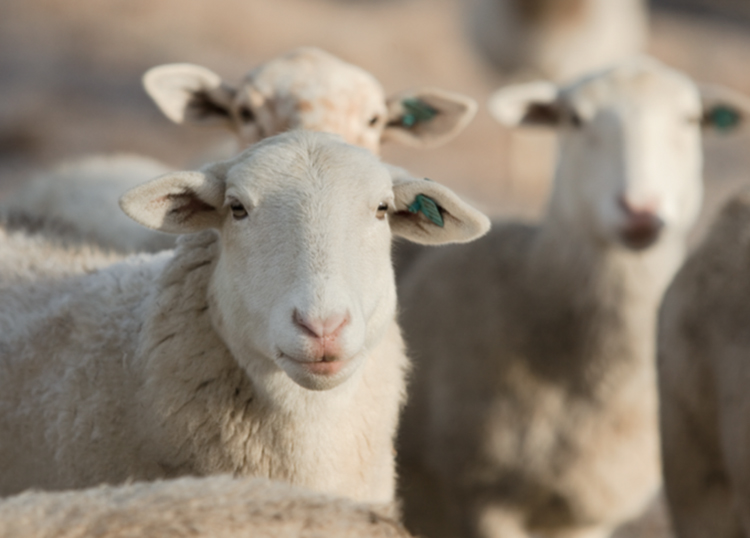 Clover C Farm Grows for Centuries
Clover C Farm Grows for Centuries
While it may not be as well-known as the Biltmore Estate, Clover C Farm also has a storied history in the state, dating back to 1755 when William Silas Cheves established the operation in Bunn. Carvel Cheves, fifth-generation farmer and sheep producer, says he has William’s daily journal that began in 1820, when he returned to the farm after an extended stay in South Carolina.
“The journal chronicles what my great-great-grandfather did on the farm every day,” Carvel says. “He and I sheared sheep on the same day of the year 136 years apart.”
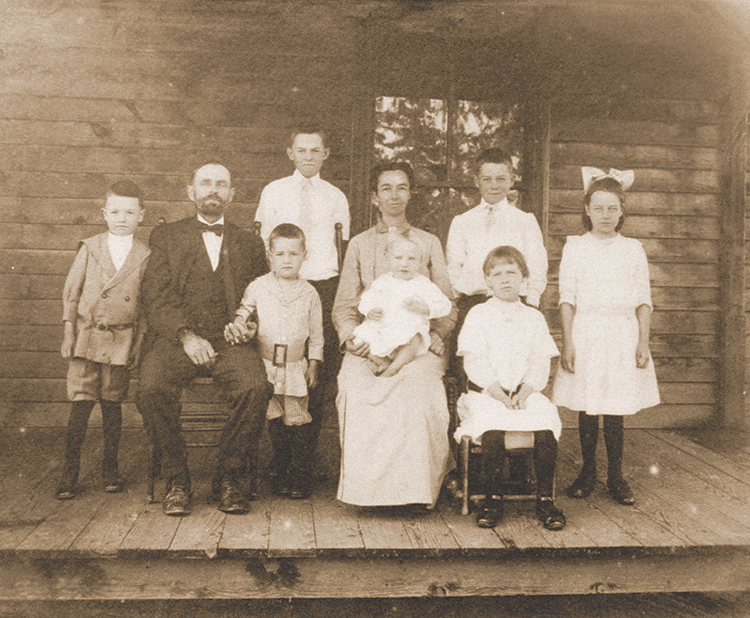 Clover C Farm once spanned 3,000 acres and grew crops like wheat, cotton, corn and tobacco, but it now covers approximately 50 acres and primarily produces breeding sheep and grass-fed lamb meat, which is sold to consumers directly and through Rare Earth Farms in Wake and Franklin counties. In addition to packaged and processed meat, live animals are available for purchase.
Clover C Farm once spanned 3,000 acres and grew crops like wheat, cotton, corn and tobacco, but it now covers approximately 50 acres and primarily produces breeding sheep and grass-fed lamb meat, which is sold to consumers directly and through Rare Earth Farms in Wake and Franklin counties. In addition to packaged and processed meat, live animals are available for purchase.
Carvel’s wife, Carol, is also involved in the operation, creating handmade wool products such as hats, scarves and purses. One of their children serves as the farm’s on-call veterinarian. Carvel hopes one of his grandsons – who presently own some of the sheep and help out on the farm – will take over someday and continue the legacy.
“We’re proud to be a multigenerational operation,” Carvel says. “I hope it will continue for many years to come.”



